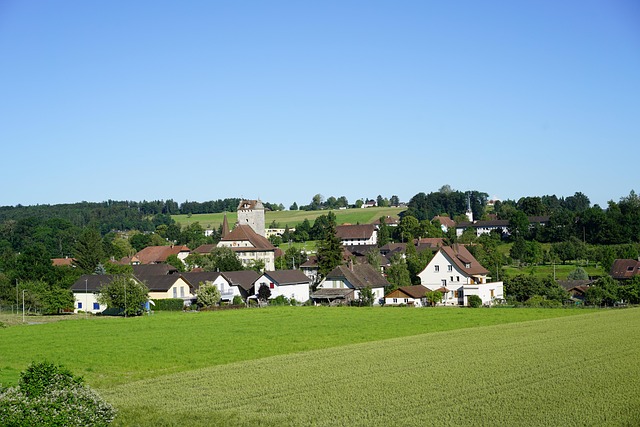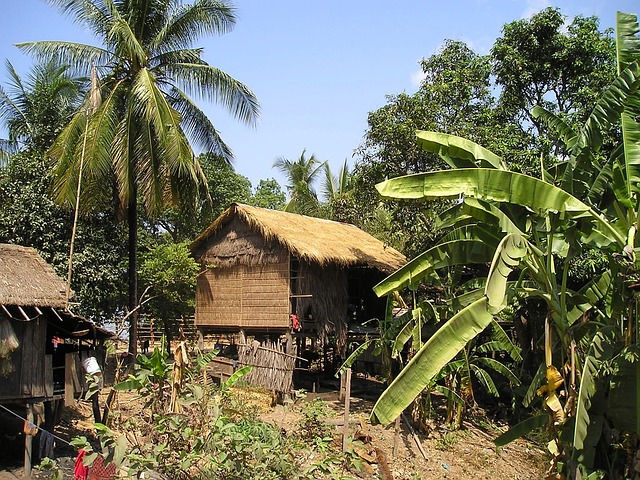Community outreach events are essential for real estate professionals to build trust, understand local needs, and foster strong neighborhood connections. By planning strategic events with specific goals, engaging residents through interactive activities, and collaborating with local leaders, developers can ensure their projects align with community values. Measuring impact through data collection post-events helps refine future initiatives, leaving lasting positive effects on neighborhoods and strengthening local relationships in the real estate sector.
In today’s competitive real estate market, community outreach events are more than just social gatherings; they’re strategic tools for building strong connections. This article delves into the transformative power of community engagement in real estate. We’ll guide you through planning and organizing successful initiatives, from identifying key stakeholders to fostering meaningful interactions. Learn how to measure impact and evaluate the success of these efforts to create lasting, positive change within your community.
The Power of Community Engagement in Real Estate

In the dynamic realm of real estate, community outreach events serve as powerful catalysts for fostering strong connections between developers, property managers, and the residents they aim to serve. By actively engaging with local communities, professionals in this industry can gain invaluable insights into the unique needs, preferences, and aspirations of area residents. This direct interaction breaks down barriers and fosters trust, transforming real estate practices from transactional to relationship-driven.
Community outreach events provide a platform for open dialogue, allowing developers to address concerns, share plans, and incorporate local feedback into their projects. Such engagement not only enhances the likelihood of successful development but also contributes to the overall well-being and character of the neighborhood. Through these initiatives, real estate professionals can ensure their work aligns with community values, leading to more sustainable and vibrant communities.
Planning and Organizing Successful Outreach Events

Community outreach events are a powerful tool for real estate professionals to connect with potential clients and build strong local connections. When planning these events, it’s essential to start early and set clear goals. Define your target audience and tailor your approach accordingly; whether it’s hosting an open house, attending a local festival, or organizing a community workshop, knowing your audience is key to engagement. Create a detailed plan outlining timelines, tasks, and necessary resources. This ensures every aspect is covered, from securing venues and permits to promoting the event through social media and local networks.
Effective organization involves collaboration. Reach out to local businesses, community leaders, or other real estate agents for partnerships or sponsorships, which can enhance your event’s reach and appeal. Consider interactive elements like Q&A sessions, demonstrations, or giveaways to make the experience memorable. Ensure smooth execution by creating a structured schedule, assigning roles, and conducting rehearsals if needed. Post-event evaluation is also crucial; gather feedback from participants and colleagues to improve future outreach strategies and solidify your brand’s presence within the community.
Measuring Impact: Evaluating the Success of Community Initiatives

Measuring impact is a vital aspect of community outreach, allowing real estate professionals to assess the success and effectiveness of their initiatives. By evaluating the outcomes and feedback from community events, they can gain valuable insights into how their efforts are resonating with the local population. This process involves collecting data on participation rates, understanding the level of engagement, and assessing the long-term benefits for both the neighborhood and the organization hosting the event.
One effective method is to conduct pre and post-event surveys to gauge changes in community awareness and satisfaction levels. Additionally, tracking the number of new connections made during these gatherings can demonstrate their potential to foster a sense of belonging and enhance local relationships. Ultimately, successful community outreach initiatives should leave a lasting impact, leading to stronger, more connected neighborhoods.






